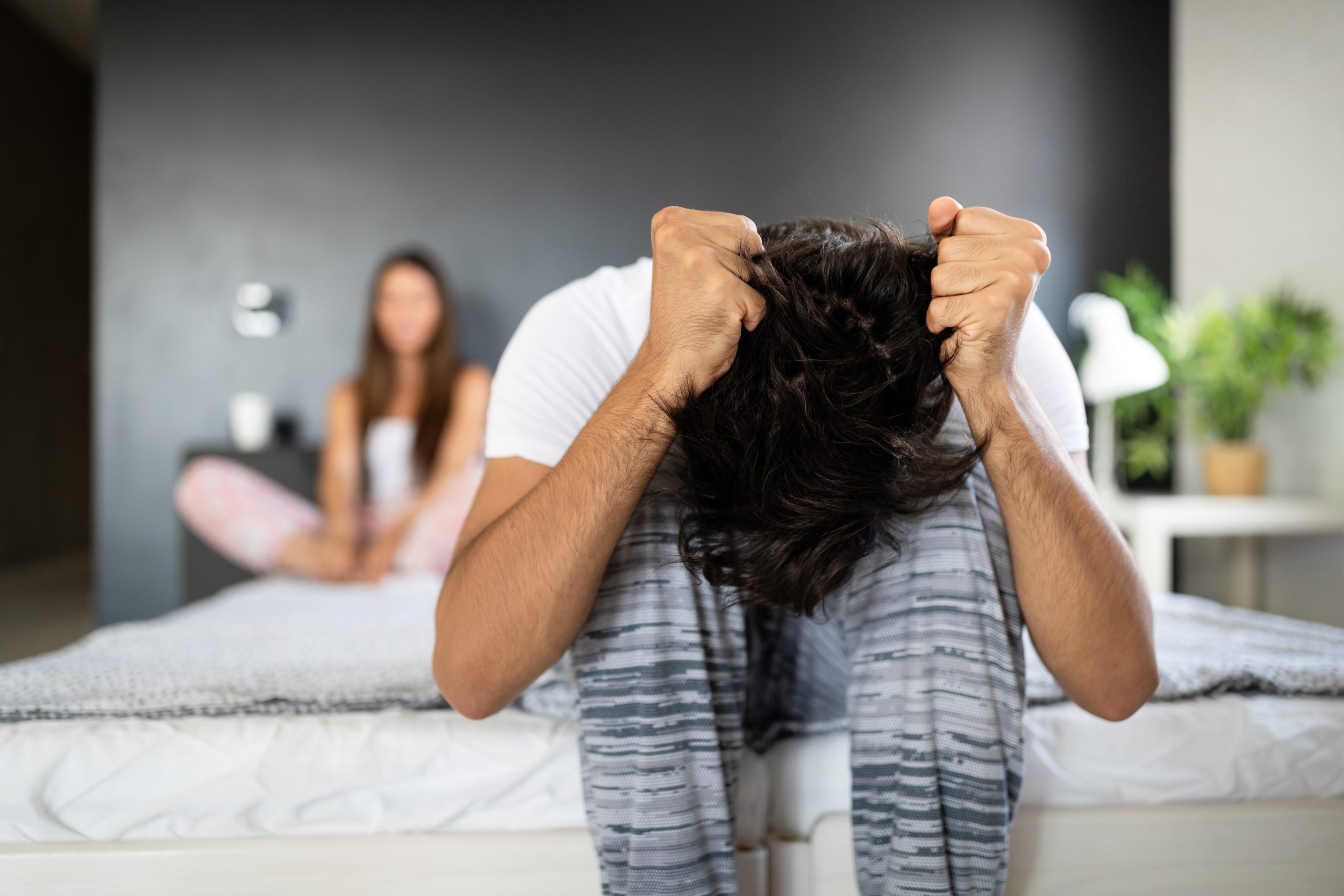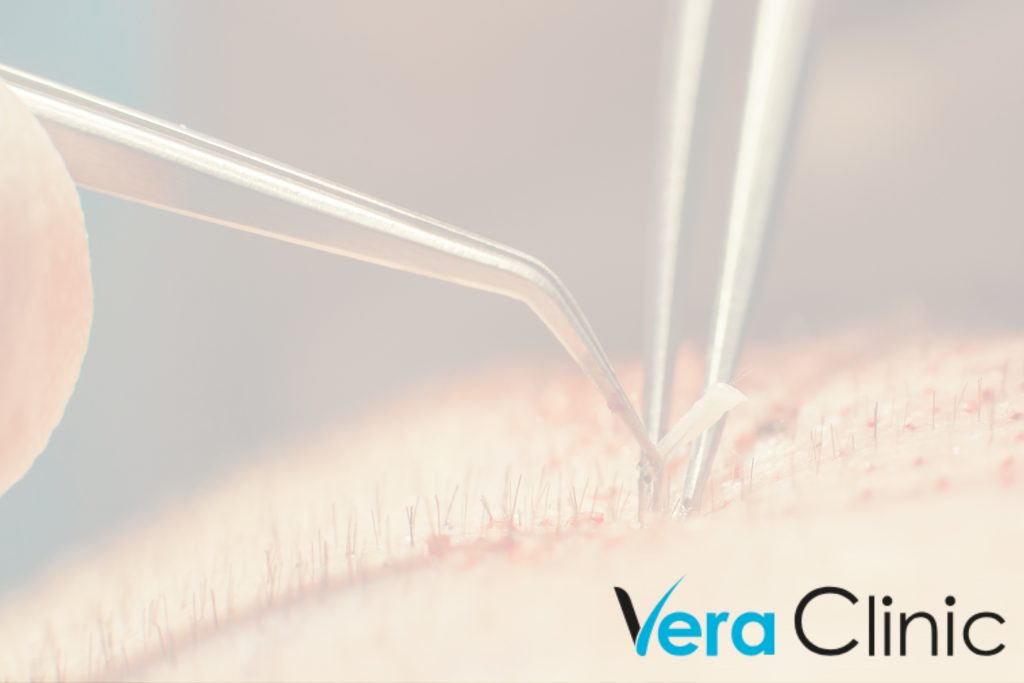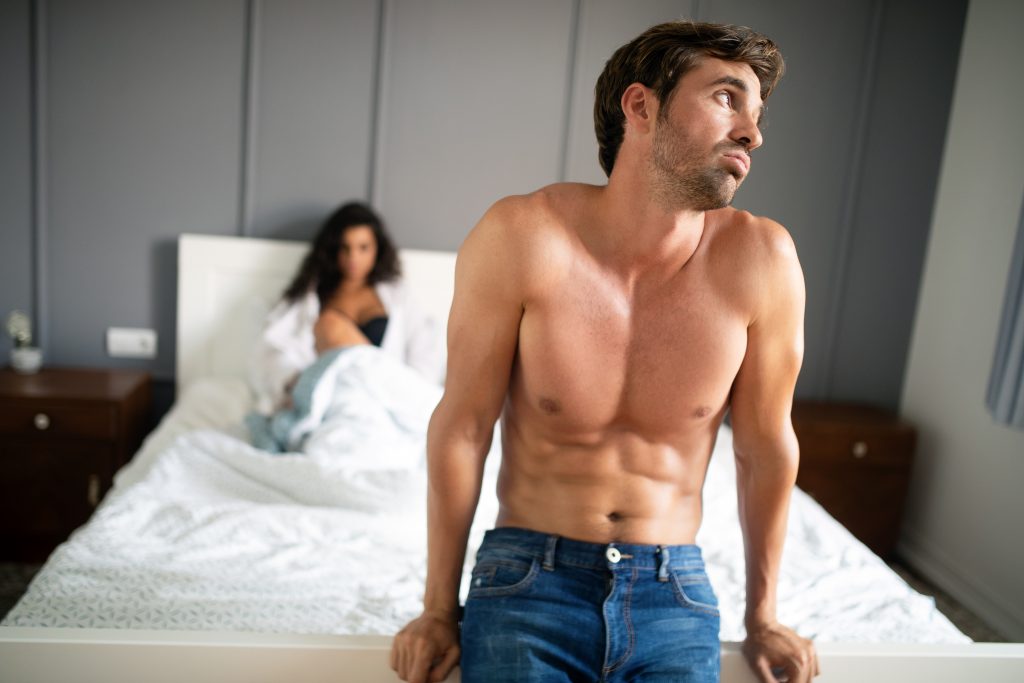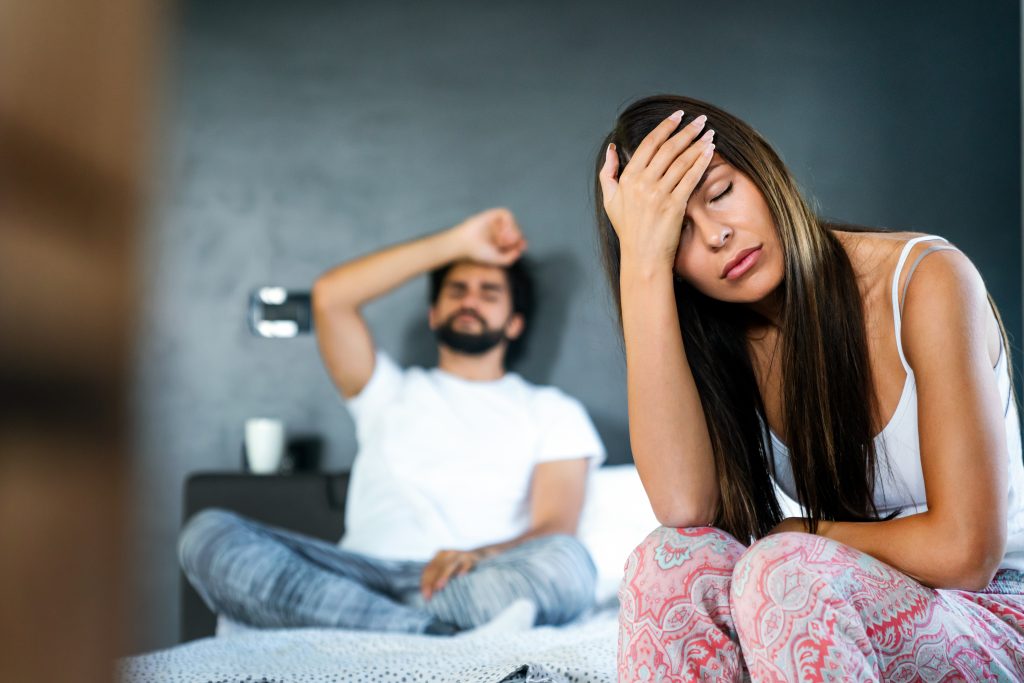If you’re struggling with sexual health issues, there are plenty of steps you can take to enhance libido and address erectile dysfunction. These tips are easy to implement and will ultimately enhance your overall well-being by checking out italia-pharmacia24.com.
Erectile dysfunction (ED) is a problem experienced by men of all ages and can be caused by several factors. Your healthcare provider can identify the underlying cause of ED and suggest possible treatments.
1. Exercise
Exercise has been shown to increase sexual drive, function, and satisfaction (Stanten & Yeager 2003), as well as improve physical endurance, muscle tone, and body composition (Krucoff & Krucoff 2000). Furthermore, exercise can benefit men and women with various sexual dysfunctions or conditions.
Exercise increases blood flow to the genital area, which can improve sexual arousal and lubrication. According to Jorge Chavarro MD, assistant professor of urology at Harvard Medical School, exercising can benefit both male and female sexual dysfunction as well as reduce the risk of developing erectile dysfunction.
Studies have demonstrated that exercise can also aid arousal and lubrication by relieving stress. When stressed, your body releases cortisol into your system which may suppress libido and decrease the desire to engage in sexual activities.
Exercising regularly not only reduces your stress levels, but it can also decrease cortisol in your body. This results in a more positive outlook toward sexual activities and an underlying motivation to have fun and appreciate the experience.
Furthermore, taking this supplement may help avoid serious health conditions that could hinder arousal and lubrication, such as high blood pressure or diabetes. These illnesses have the potential to damage the tiny arteries in your penis – essential for achieving a hard erection during sexual interaction.
Adopting an exercise routine that offers health benefits can be daunting for some individuals. But if you feel motivated to make lifestyle changes for better sexual health, start small by adding more vegetables to your meals; this will increase vitamin A absorption and lower cholesterol in your bloodstream.
2. Eat Healthily
Eating a diet rich in healthy fats, proteins, vegetables, and whole grains has been linked to improved sexual function. Furthermore, these foods promote overall good health and may help prevent conditions that could impact your libidos such as metabolic syndrome or hormonal issues.
Eating healthily for sexual health has several advantages, such as improved energy levels, increased blood flow, and a more natural erection. Furthermore, eating nutritiously may reduce your risk of heart disease – an often-cited contributor to impotence – by decreasing inflammation in the body.
Eating foods high in flavonoids, and antioxidants found in fruits and vegetables can be beneficial to your overall health. Eating these foods has also been linked to lower blood pressure which has been linked to erectile dysfunction (ED). Furthermore, switching to a Mediterranean-style diet has been shown to reduce ED risk by up to 14%.
If you struggle with erectile dysfunction, foods rich in arginine (such as almonds) may help increase blood flow and support an erection. Eggs also contain this amino acid which has been known to improve the penis for men who struggle to achieve it.
Additionally, a healthy diet can boost your vitamin E levels, helping protect the body against infection and other germs. Studies have revealed that people who regularly consume a lot of this essential nutrient tend to experience fewer problems with sexual function.
Other foods that may help improve sex function include oysters, which contain zinc. Zinc increases blood flow which aids in the delivery of sperm and regulates testosterone and estrogen levels. It’s essential to note though that eating a high-zinc diet shouldn’t be combined with other forms of exercise since this could lessen its benefits.
3. Quit Smoking
Smoking can become an addiction that many people struggle to break, but that doesn’t have to mean you must give up smoking altogether. There are various quitting methods available such as behavioral therapy and nicotine replacement products which may help you break the habit and keep you from reaching for cigarettes.
If you’re ready to quit smoking, speak with your doctor about medications that can reduce withdrawal symptoms and cravings. Your local drug store likely carries various over-the-counter nicotine replacement products like gum or lozenges as well.
When trying to quit smoking, try altering your routine so that the smell of smoke won’t trigger you. For instance, if you usually have a cup of coffee or tea in the morning, have it at another time. Additionally, change where you sit so as not to be tempted to pick up a cigarette.
You can try to distract yourself from your urge to smoke by keeping healthy alternatives on hand, such as sugar-free gum or mints. Keeping these in locations where cigarettes were previously stored may help prevent you from returning to old smoking habits.
Another way to combat your smoking addiction is by picturing how much better you’ll feel after quitting. Imagine not smelling like smoke and how much money you’ll save by not purchasing cigarettes anymore.
If you find yourself having an urge to smoke, try changing up your routine and staying busy. Exercising can help release steam or listen to music you enjoy listening to. Spend more time with friends or family members, treat yourself to a massage, or start a new hobby – these all may help distract you from these cravings.
4. Limit Alcohol Consumption
Alcohol can affect your libido, making it difficult to feel sexual desire and leading to premature ejaculation, relationship problems or erectile dysfunction (ED). If these are symptoms you are facing, then it’s time to reduce alcohol consumption and make positive lifestyle changes.
Women should limit themselves to one alcoholic drink per day, while men are advised not to exceed two drinks daily. The recommended limit varies based on age, sex, and other factors.
If you have a health condition such as heart disease, liver disease, or high blood pressure, then alcohol should not be consumed. This includes pregnant women and those planning to become pregnant in the near future.
If you have a sexually transmitted infection or another health issue, consult with your doctor before drinking. Medication may be needed to help regulate your drinking and improve your overall well-being.
For instance, you could try taking a drug like a vaginal suppository to reduce the effects of alcohol on your sexual life. Another possibility is visiting a urologist and discussing your concerns with them.
In the meantime, why not try these healthy habits to enhance your erections and sexual life:
Limit your drinking by setting a time for each session. Start drinking later in the evening, such as after dinner or after you have completed some form of physical activity, to reduce how much alcohol you consume.
Start your drinking sessions slowly and build up to them. It’s best to have a full glass of water before beginning your drinking so that you can hydrate without inhaling too much alcohol.
You can set limits to the amount of alcohol you bring when going out or socializing so that you aren’t tempted to drink too much. If you are planning a big night out, perhaps being the designated driver is in order.
5. Drink Coffee
It’s no shocker that drinking coffee can lift your mood and keep your energy levels up. But did you know it can also have positive effects on sexual health?
Caffeine in your favorite beverage relaxes the arteries and increases blood flow to the penis, aiding in the development and maintenance of an erection during sexual activity.
Research has demonstrated that men who drink two to three cups of coffee a day are 42% less likely to develop erectile dysfunction (ED) than those who don’t. The amount of caffeine in each cup varies, but experts recommend sticking with 95-165 mg per 8 oz beverage.
But the most crucial thing to remember when drinking coffee is that it’s a food, not a drug. So be mindful and avoid overindulging in it – including adding unhealthy additives like syrups or sugar.
If you decide to drink coffee, make sure it’s freshly brewed and never drink more than necessary. These same guidelines apply for sodas and other beverages as well.
Caffeine activates a series of hormones in your brain, providing an immediate burst of energy and alertness. It also speeds up the release of hormones that prepare your body for exercise, encouraging you to work out harder and burn more calories.
Finally, coffee may reduce your risk of liver cancer and other digestive tract diseases. How this works is unknown; however, it could be because coffee stimulates your pancreas to produce insulin more readily.
It’s essential to be aware that caffeine’s effects may fade with age, so it may be wise to gradually reduce your coffee consumption as you become more cognizant of its detrimental effects on both body and mind.




